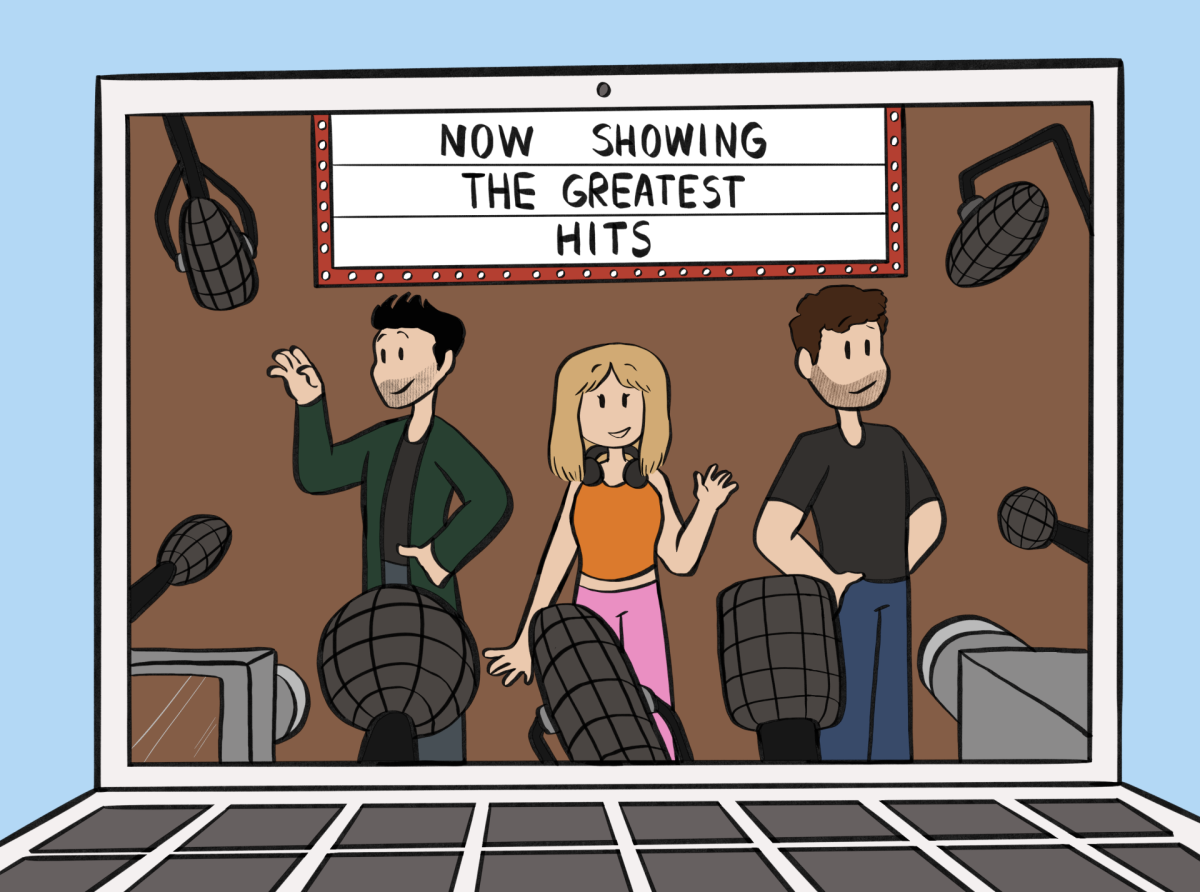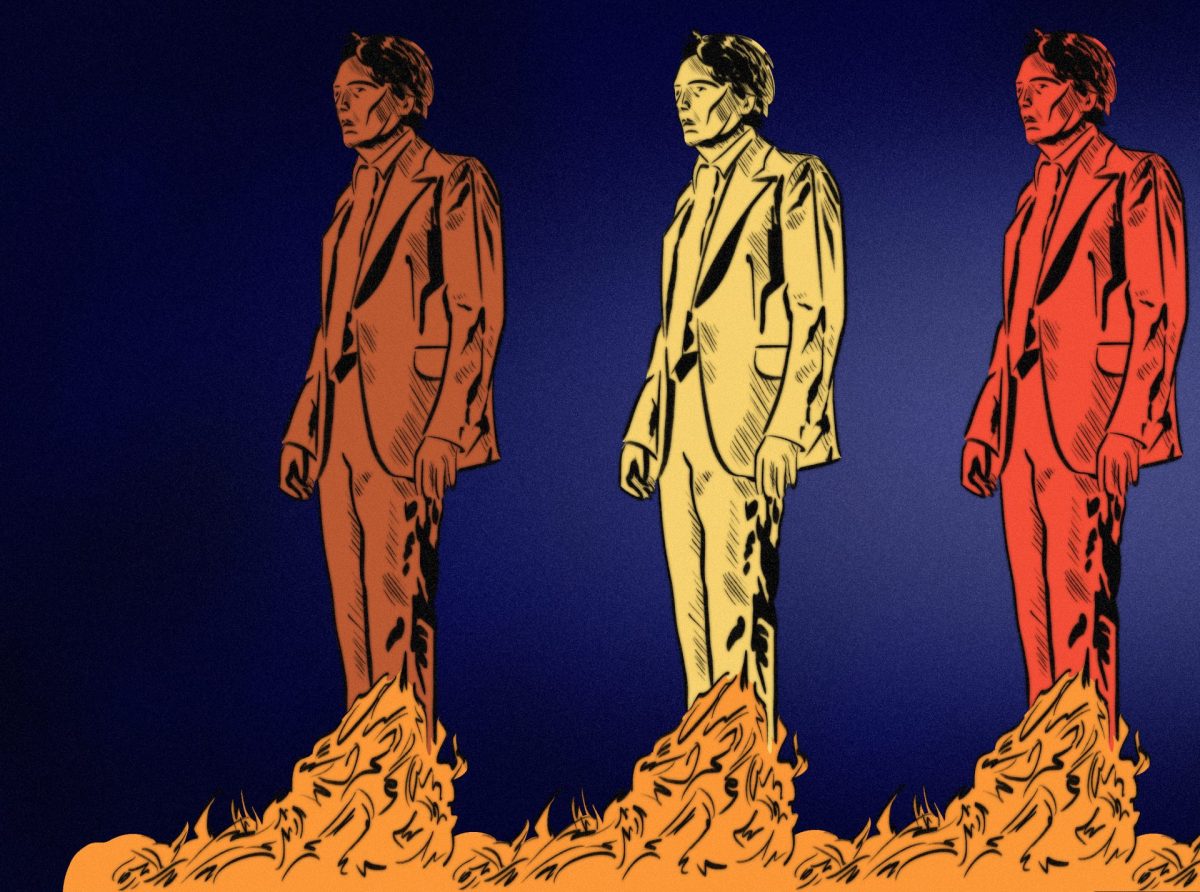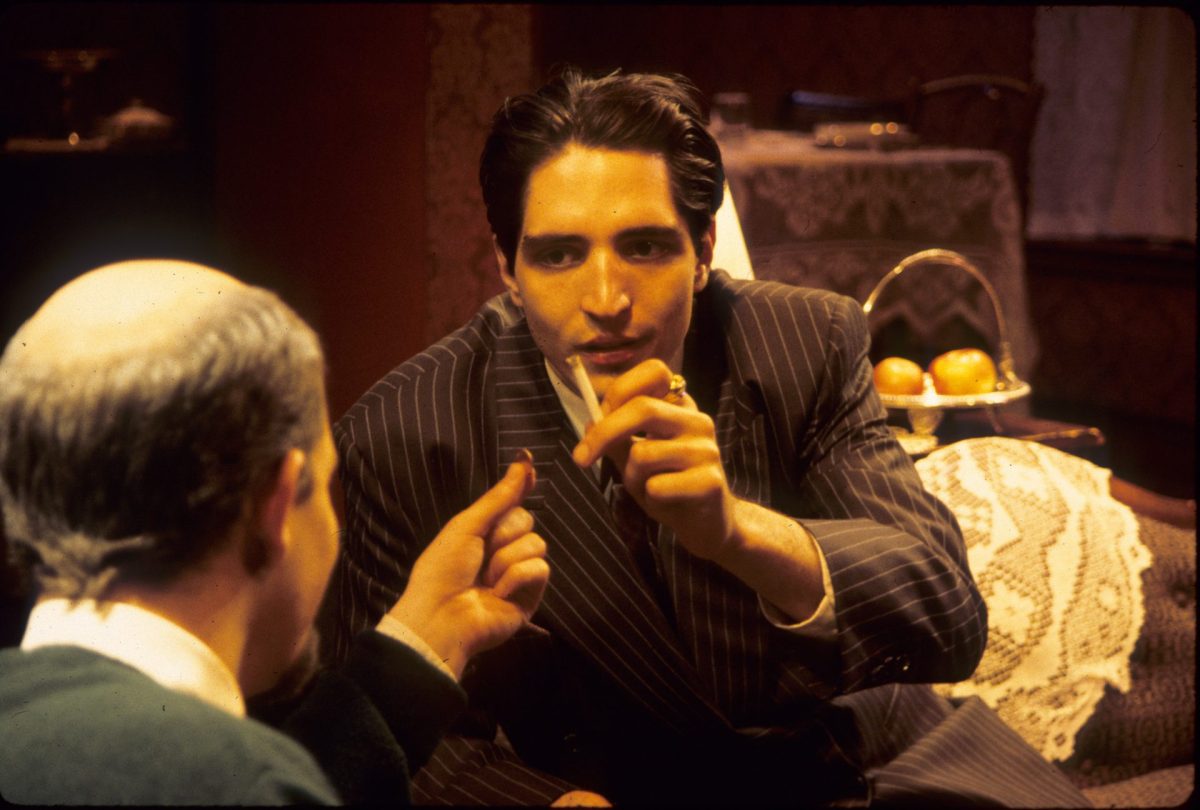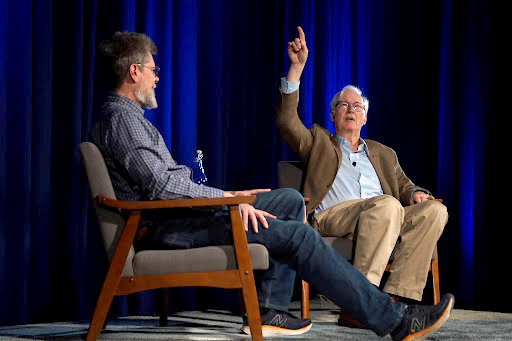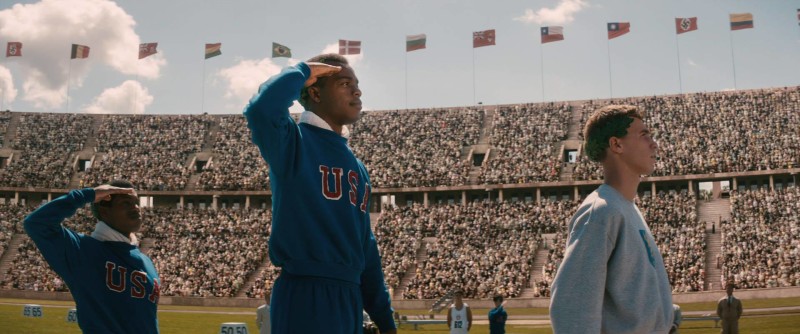
After the backlash against the Academy Awards for the lack of diversity in Oscar nominations, and the planned protests of the ceremony by Jada Pinkett Smith and Spike Lee, it’s safe to say that Hollywood has a race problem.
Olympian Jesse Owens, the subject of the film “Race” which was released Feb. 19, is no stranger to race problems.
The black athlete competed in the 1936 Olympic Games in Berlin while the Nazi Party was in power as the host country. The film documents Owens’ track career at Ohio State to his monumental achievements at the Olympics, where he won four gold medals.
Beyond Adolf Hitler’s disgust of Owen portrayed in the film, Owen also faced racism at home in a segregated America.
Stephan James, who plays Owens in the film, is no stranger to playing historical characters. James also played civil rights leader John Lewis in the 2014 film “Selma.” Similar to the upcoming Academy Awards, backlash occurred after “Selma” was not given a nomination for Best Picture in the 2015 Awards.
“I have to immerse myself in these roles,” James said. “Whether it’s the 1960s in the Civil Rights Movement, or in Nazi Germany. For me, it’s more than just about research. It’s about really living with these guys.”
Some people saw the diversity problem in Hollywood being fixed internally, especially in regard to the production of film.
“The film industry is in need of more racial diversity, especially within production,” Sim Carpenter, the director of Public Relations for DePaul’s Black Student Union, said. “Having a racially-diverse community of producers will have a direct influence on who the audience sees on the big screen.”
While the producers of “Race” were not racially diverse, the themes the film brought up added to the conversation about race that is occurring in Hollywood. They did this by specifically featuring racist scenes in the film, including the harassment of Owens and other black athletes at Ohio State University by the football team that did not allow black players.
The film also called out the concept of white privilege in a scene when Owens’ coach Larry Snyder (Jason Sudeikis) tells Owens he doesn’t share his concerns about being a representative for his race, and Owens responds “You’re white. You don’t have to.”
“That was Jesse speaking to white privilege probably before we ever used the term,” Sudeikis said.
According to Sudeikis, his character was referred to by Owens as an “accidental non-racist” in the runner’s biography, and that phrase was what shaped his portrayal of Snyder.
“The biggest gift outside of the story and the script that I was given was the line of Owens saying Larry was an accidental non-racist,” Sudeikis said about how he decided to portray his character. “That term meant the world to me and that was all I needed.”
In addition to adding to the existing commentary, the film strived for accuracy in the representation of Owens, bringing in his real-life daughters to supervise the script.
“I think they did a phenomenal job in embracing his character and projecting it,” Marlene Owens Rankin, Owens’ daughter and managing director of the Jesse Owens Foundation,said. “They really wanted to make an important and beautiful and accurate film. And I think they did that.”
“Because the media has the ability to influence large groups of people at once, we have to be careful with what we choose to highlight in films,” Carpenter said. “It is also important that we do not play into societal prejudices by type casting.”




![DePaul sophomore Greta Atilano helps a young Pretty Cool Ice Cream customer pick out an ice cream flavor on Friday, April 19, 2024. Its the perfect job for a college student,” Atilano said. “I started working here my freshman year. I always try to work for small businesses [and] putting back into the community. Of course, interacting with kids is a lot of fun too.](https://depauliaonline.com/wp-content/uploads/2024/04/ONLINE_1-IceCream-1200x800.jpg)



